Pastors, in collaboration with parochial vicars, deacons and lay ministers, according to their proper roles and charisms, share responsibility for pastoral leadership. The spiritual, physical and mental health and ongoing support of ordained and lay leaders is vital for Families of Parishes.
Pastor: The Family of Parishes is led by a single pastor who is appointed by the archbishop. He is ultimately entrusted with the care of souls and therefore is responsible for the leadership of the parish.
Unified: The Family moves toward becoming one parish led by one pastor.
Deacons: Deacons are part of the diocesan clergy and are appointed by the archbishop to serve the Family of Parishes.
Health & Wellbeing: All members of the Family of Parishes support and foster the health and well-being of all leaders; in doing so, we ensure the well-being of the Church.
Co-responsibility: Pastors, staff, and parishioners share responsibility for bringing all relevant perspectives to the process of discernment, according to their proper roles and gifts.
Leadership: Pastors actively cultivate skill in leadership and draw others into leadership with them.
Formation: Clergy participate in and are accountable for their spiritual and theological formation as well as leadership development. Clergy and laity are well-formed spiritually, theologically, and for leadership in support of their respective roles.
Every Family of Parishes will have a unified Pastoral Council, with other relevant and necessary consultative groups for specific areas of parish life.
What This Means: The Pastoral Councils of all parishes within the Family will come together to guide the pastoral life and unification of the Family.
Why This Matters: The primary activity of the Pastoral Council is pastoral planning. Every Family of Parishes will create a pastoral plan annually to ensure the Family is focused on the mission of Christ. The unified council will play a key role in the design and implementation of said plan.
The Finance Councils of each parish within the Family will work together to appropriately plan for and monitor the finances of the Family of Parishes.
What This Means: The Finance Councils will work together to discern the most appropriate stewardship of financial and material resources as the parishes in the Family move to become one canonical parish.
Why This Matters: Finance Councils are charged with providing consultation in order to ensure that the parish’s resources are used prudently and well. As Families of Parishes are implemented, the councils will provide transparency and oversight for the use of parish resources and those of the Family.
Competent and qualified staff are necessary to serve the Family of Parishes, especially in the areas of worship, evangelization (including love in action), and administration. As is possible, staff will be unified to serve the entire Family.
What This Means: The pastor will work with his staff to discern the ways in which the staff can gradually come together to serve the Family.
Why This Matters: Competent and qualified staff, especially in key areas such as those noted above, will work with the pastor and with one another to lead the Family of Parishes to meet its missionary mandate in the most effective way possible.
Priests must have a regularly scheduled day off and must be able to take all annual vacation and retreats.
What This Means: The sacramental and pastoral schedules of the parish must be designed to ensure that priests have regular time off and away from the Family of Parishes.
Why This Matters: Time off for rest, spiritual reflection and relaxation is necessary to ensure the spiritual and physical health and well-being of the priests assigned to the Family.
Priests, deacons, staff and other lay leaders will participate in ongoing spiritual formation and training for leadership.
What This Means: Spiritual formation and leadership training is important for the good of those who lead and serve and for the Family of Parishes.
Why This Matters: Without attention to the need for spiritual formation and leadership training, the daily demands on clergy and staff will take precedence and prevent important time for reflection and growth.
I am convinced that Beacons of Light, born of great hope, will enable us to form stronger parishes, centered on the Eucharist, that radiate the love of Christ and joy of the Gospel… God has abundantly blessed our first two centuries and will certainly bless the next.
— ARCHBISHOP DENNIS M. SCHNURR
